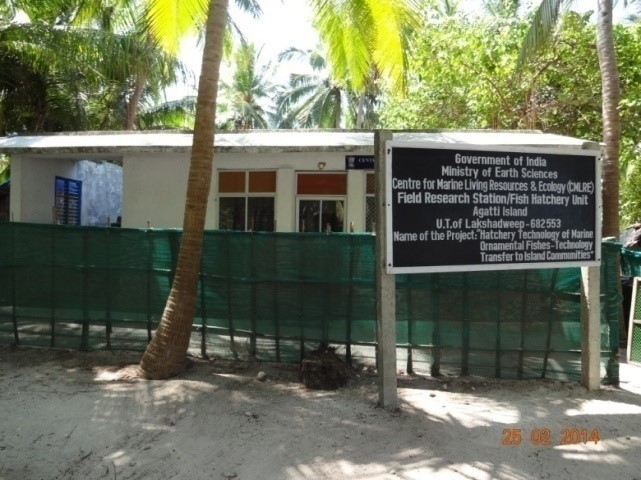Microbial Oceanography
Evidence from the research over last one decade have brought to light the complex and crucial role played by marine microbes in the food web, nutrient cycling, formation of Oxygen Minimum Zone (OMZ) etc. Marine microbes such as picoplankton, archaebacteria, actinomycetes, fungi, and virus occupy all realms in the ocean including bottom sediments, hydrothermal vents, polar ice caps, etc. Their numerical abundance is much higher than all known marine species put together.
English










